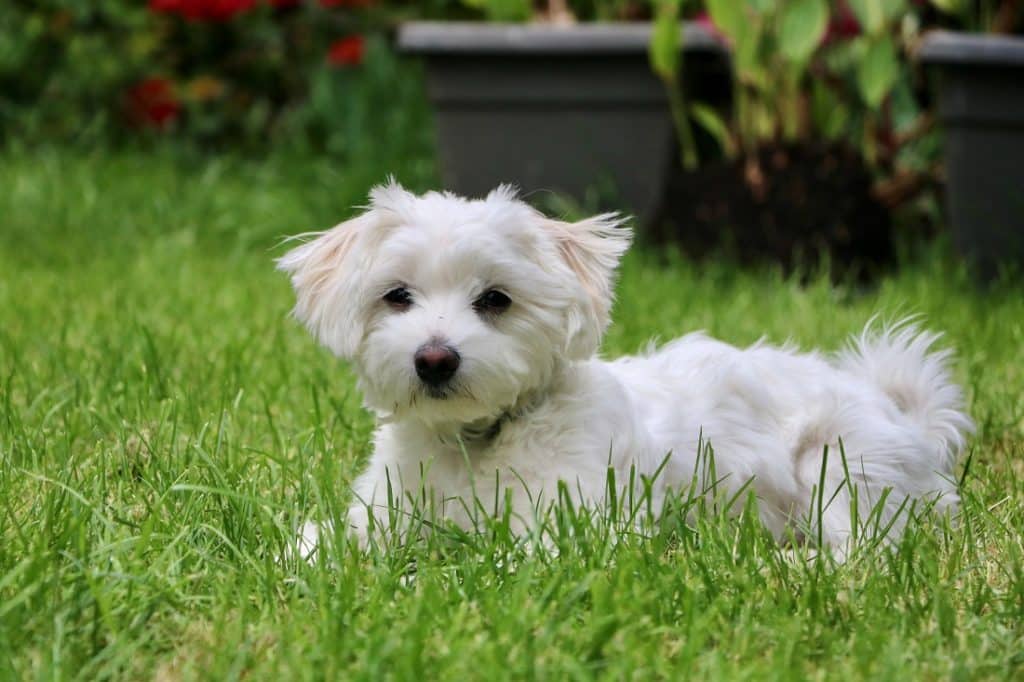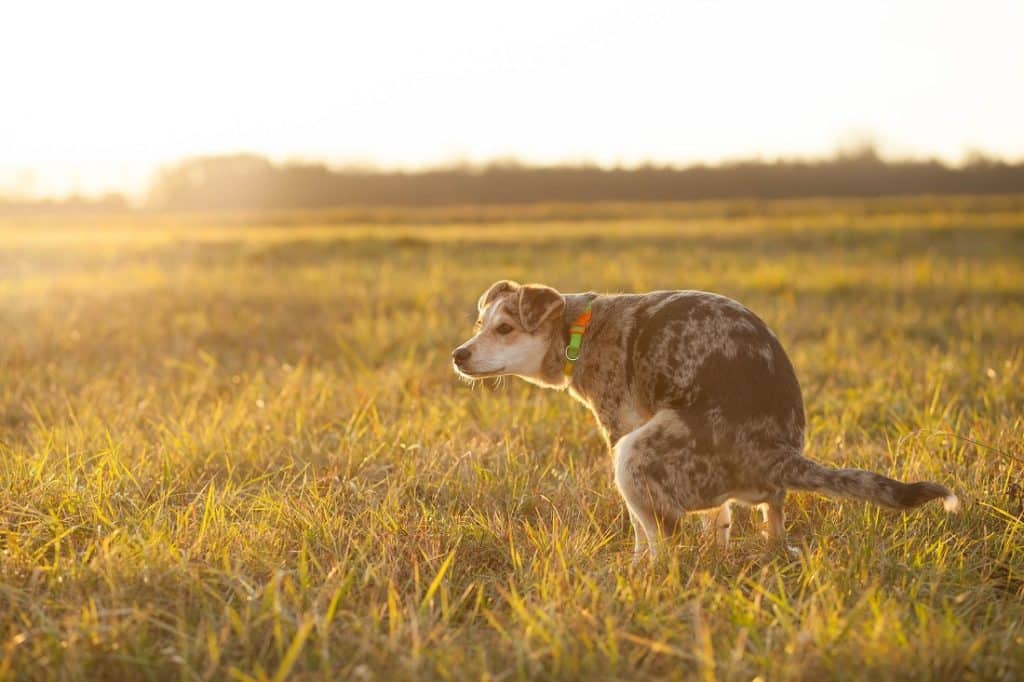Dog Health
Everything you need to know about dog poop
Dog poop: one of the less glamorous sides of being a dog owner, and one we all have to deal with. Chances are if you’re lucky enough to have a four legged friend, you’ve spent more time than you may like looking at their poop! From shape and size, to why dogs eat their own poop, we’ve got you covered with our guide to dog poop.
What should dog poop look like?
While the idea of looking at your dog’s poop for more than a few seconds may seem a little off putting, your dog’s poop can tell you a lot about them. When it comes to a healthy dog poop, there are a few things to look out for: colour, size, shape, and consistency being the top four.
- Consistency: Your dog’s poop should be moist, yet able to hold its shape when you pick it up. Watery or runny poop can be an indicator of an upset tummy; while hard, dry poop could suggest dehydration or constipation.
- Size: every dog is different, so the size of each dog’s poop will vary too! However as a rule, you’ll want to see poops which correlate to the portion size of their meals. If you notice a change in the size of their poops, get in touch with your vet to rule out any medical issues.
- Shape: when picking up after your dog, you’re looking for a log shaped poop which can hold its shape when picked up. Round poops can indicate that your pooch is dehydrated.
- Colour: your dog’s poops should be chocolate brown. If their poop comes out another colour, this could be due to something they’ve eaten (green poop, for example, could mean they’ve been eating grass). If you’re worried, give your vet a call.

How often should my dog poop?
When it comes to how many times your dog poops a day, consistency is key. They should go for a poop around the same number of times each day. This number will vary from dog to dog – some will go for a poop twice a day, while others may want to go even more.
If you notice a change in the number of times your dog goes for a poop each day, or if they go for over 24 hours without passing a stool, it’s time to call the vet.
Why is there blood in my dog’s poop?
Blood in your dog’s poop can be concerning to see, however there are a number of reasons why it may be there. Food allergies, an injury on their bottom, constipation, or a reaction to eating something they shouldn’t have can all be behind your dog’s bloody stool; however, it can also indicate illness – so if you notice blood in your dog’s poop, it’s a good idea to call your vet to rule out anything serious.
Why does my dog have diarrhoea?
If your dog has diarrhoea, there could be a number of causes. Perhaps one of the most common is their diet: they may be getting used to a new food, be experiencing a food allergy, or have eaten something they shouldn’t have. Alternatively, diarrhoea in dogs can be the result of stress, medication, gut infections, or heatstroke to name just a few. If you are concerned about your dog’s diarrhoea – for example, if it carries on for a long period of time, or if your dog shows other symptoms alongside it – speak to your vet.
Why does my dog have constipation?
If your dog hasn’t been able to do a poop in a while, or their stools are coming out hard and dry, they may have constipation. Dehydration, medication, an imbalance of fibre in their diet, blocked or infected anal glands, or a blockage in the intestinal tract can all be causes of constipation in dogs. You may wish to consider adding a natural dog supplement like The One for Perfect Poos to their diet to help keep them regular; however, if constipation persists, get in touch with your vet to check there’s nothing more serious at play.
Why do dogs eat dog poop?
Many dog owners have probably found themselves wondering why on earth their dog loves to eat dog poop. The good news is that, although it may be a little gross, in most cases it’s also perfectly normal.
Animals eating animal poop has a scientific name: canine conspecific coprophagy. It has been speculated that our canine companions eat dog poop because they’re lacking in nutrients and are trying to get these from faeces, however this has not been scientifically backed up. So chances are, as strange as it may sound, they just like the taste!
While it may be common amongst dogs, eating poop isn’t the healthiest of pastimes; and can sometimes be sparked by more serious concerns, like boredom; separation anxiety; or hunger. If you notice your dog has begun to eat poop when they didn’t before, a chat with your vet could put your mind at ease.
To deter your dog from eating their own dog poop, or that of their brother or sister if they have one, pick up after them the moment they go to the bathroom; teach them to leave it; and use spray on deterrents.


